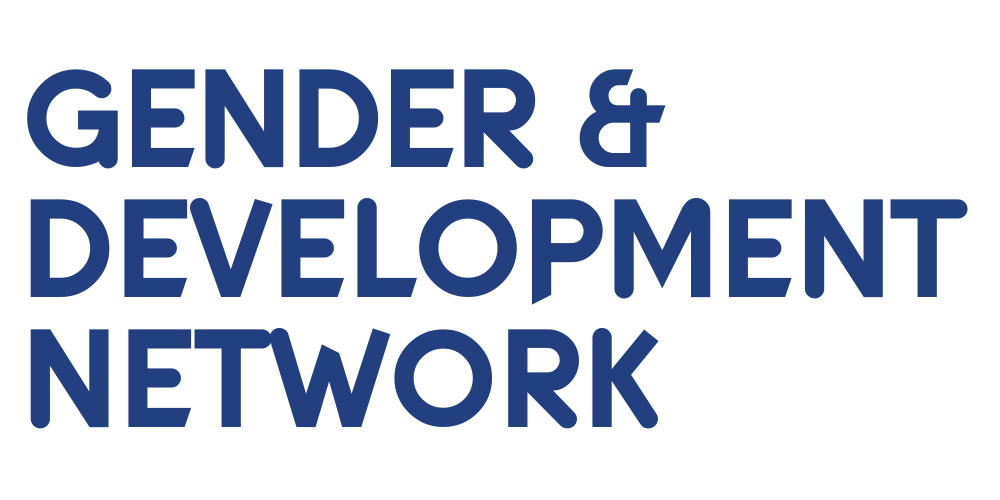Untangling Gender Mainstreaming: A Theory of Change based on experience and reflection
This paper, produced by the Gender and Development Network (GADN) Gender Mainstreaming Working Group, explores the concept and practicalities of gender mainstreaming. It draws on learning from staff with responsibility for gender mainstreaming in nine UK based international Non Governmental Organisations (INGOs) and their Southern based partner organisations; wider discussions with GADN members and women’s rights activists; as well as the personal experiences and reflections of the authors. It elaborates a Theory of Change setting out the component parts of gender mainstreaming, how these relate to each other, and how they collectively contribute towards the wider goal of gender equality and women’s and girls’ rights.
Throughout, the paper argues for complementarity between gender mainstreaming and targeted support for women’s organisations and projects for women and girls. The cutting edge of advocacy for women’s and girls’ rights and gender equality will – and should - always lie with activists, women’s organisations and projects promoting women’s and girls’ rights and gender equality in its own right. Our experience is that effective gender mainstreaming results in more, not fewer resources for women’s organisations and projects for women and girls - as well as in promoting attention to gender equality and women’s rights in “mainstream” policy and spending. Further to this, our experience is that gender mainstreaming is most likely to be effective and sustained when it is grounded in, and driven by, local movements for change, with external and internal champions of women’s and girls’ rights and gender equality working together.
This paper is designed to contribute to debates on gender mainstreaming. Whilst there is considerable academic literature on this, our focus is on gender mainstreaming in practice. Our aim is to support staff in NGOs, Community Based Organisations, and donor agencies to better understand gender mainstreaming, learn from experience, to implement and scale up impact more effectively. A further aim is to assist communications and complementary working relationships between women’s rights and gender equality advocates inside mainstream development organisations and those campaigning for change in wider society.
The paper focuses on gender mainstreaming processes within development organisations such as changes to policies, plans and spending; recruitment practices; and staff knowledge and skills. The quality and extent of these internal changes impact directly on what development agencies do and contribute to the impact they have on women’s and men’s lives. As with the impact of development policy and practice on any complex issue of long-term institutional change, the impact of gender mainstreaming on women’s lives is not a direct or linear process of change and attribution. Impact depends on the inter-relationship between programmes to promote change and many complex contextual factors influencing women’s and men’s opportunities, choices, and expectations. Effective gender mainstreaming plays an essential role in securing the commitment, funding, skills and programmes needed from mainstream development organisations to initiate, support and, where appropriate, adapt or scale-up processes of change towards the realisation of women’s and girls’ rights and greater gender equality.
